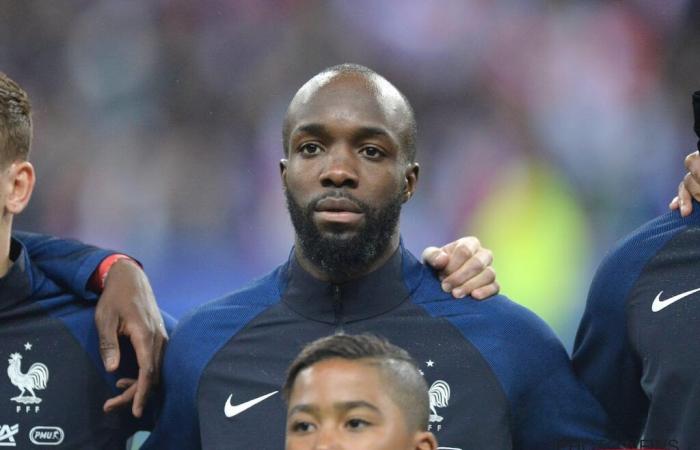
The Court of Justice of the European Union has ruled in a landmark ruling that the current transfer system in football could be contrary to European law. According to the Court, the rules surrounding transfers violate the free movement of people and fair competition.
This decision could have major consequences for the current system, which is essentially based on a trade in employment contracts in the world of sport. The case on which the Court ruled concerned the former French professional footballer Lassana Diarra.
In 2014, he terminated his contract with Lokomotiv Moscow, leading to fines and a ban from the club and FIFA. According to the European Court, this approach is however contrary to European rules on the free movement of people and fair competition. This could mark the end of strict control by clubs and football federations over players’ contracts.
Lawyer Sven Demeulemeester explains in The Time that the players, thanks to this decision, almost have carte blanche to terminate their contract. In countries like Belgium, players can, for example, invoke the ’78 law, which allows them to terminate a contract in return for limited compensation. The sanctions previously imposed by FIFA to counter this are thus losing their force.
More freedom for players
The Diarra case, which began in 2014, concluded with a long legal process leading to this decision. After the termination of his contract, the French international tried to find a new club, whose Sporting Charleroibut due to sanctions imposed by FIFA, this agreement could not materialize.
The Pro League reacted with a press release. Through the voice of Lorin Parys, she sees three possible outcomes: “FIFA adapts its sanction mechanism to remain compliant with the law. A scenario in which we reach joint agreements between clubs, leagues and players at European or global level, which take the form of a collective employment agreement, the so-called CCTs. Or FIFA adapts its governance structure and gives employers and employees a place at the table to conclude comprehensive agreements within the organization. FIFA.
The decision will in any case be a landmark: it is carefully analyzed by a whole series of stakeholders, from players to clubs, including agents, players’ unions and lawyers.





